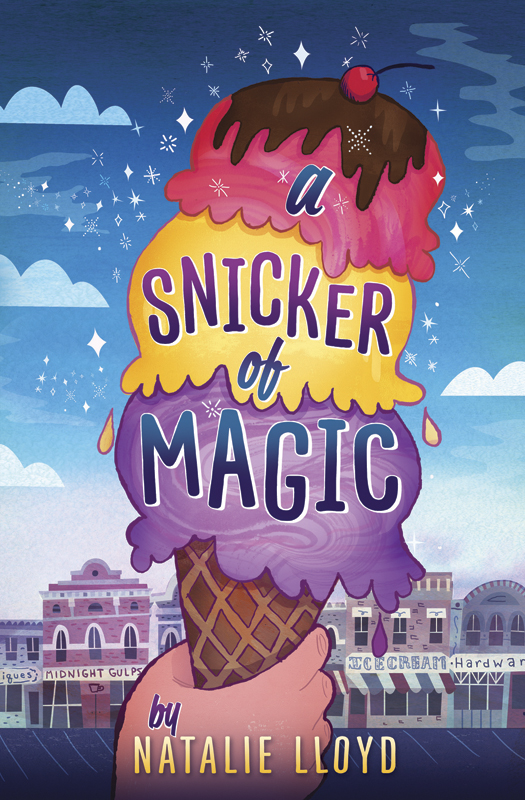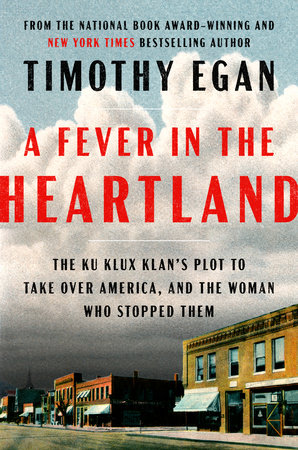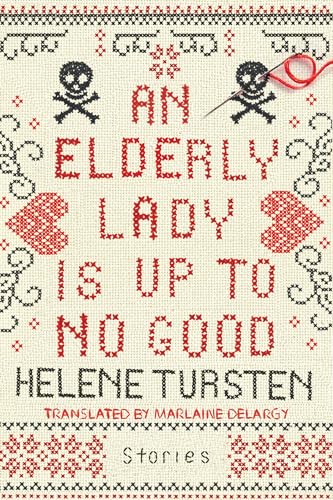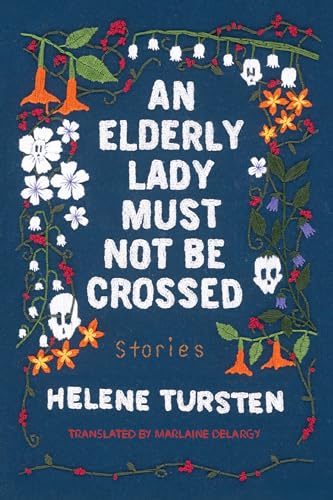This thriller by Peggy Townsend gets off to a slow start and I had to push myself to keep reading. It has become so commonplace to constantly flip back and forth between "then" and "now" in novels that I have gotten bored and slightly annoyed with that sort of structure. Nevertheless, I persisted and was satisfied with the ending. I can't say I ever really identified or empathized with any of the characters in the story. However, reviewers clearly felt otherwise. Here is the plot summary from Publishers Weekly:
" For months, Liv Russo has believed her husband, Mark, died after jumping off the Golden Gate Bridge. But when a series of cryptic texts and emails lure her and her developmentally disabled seven-year-old son, Xander, from California to a compound in southeastern Alaska, Liv finds Mark alive, cohabitating with another woman and a 10-year-old boy who calls him “Dad.” Stunned, Liv threatens to leave with Xander and return to California. Mark responds by locking her in a shipping container for weeks until she convinces him that she’s accepted their new polyamorous, off-the-grid lifestyle. Once she’s freed, Liv begins to plot her and Xander’s escape, but Mark becomes increasingly violent and unhinged. Townsend elevates the proceedings above standard-issue genre fare by zeroing in on Liv and Xander’s relationship, which she renders with aching sensitivity. The mother-son bond at the heart of this tense melding of domestic suspense and survival thriller makes it tough to shake."
Unlike me, Booklist finds the protagonist admirable: "Facing starvation and the harsh winter will push Liv past her own physical and mental limits. Townsend...constructs a lush and dangerous Alaskan landscape, using it to build tension and suspense. Liv is a strong and flawed protagonist whom readers will admire for her determination and feral need to protect her son. The shifting perspectives and fast-paced plot will keep even the most avid suspense readers on the edge of their seats. Recommended for fans of scrappy female leads facing the most dire circumstances..." Similarly, Library Journal offers, "One woman's quest to survive the harsh Alaskan wilderness and the even harsher people is a riveting read of determination and perseverance from Townsend."
Kirkus is a bit cooler in their view of Liz and the storyline: "Even after Liv toes the party line far enough to earn release from her confinement, her subordination to the man she once loved renders her status not only dangerously marginal but grindingly creepy. The finale is stuffed with so many surprises that it feels like a long-deferred Christmas morning."


















